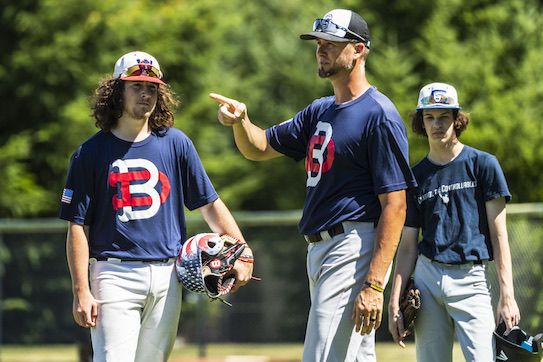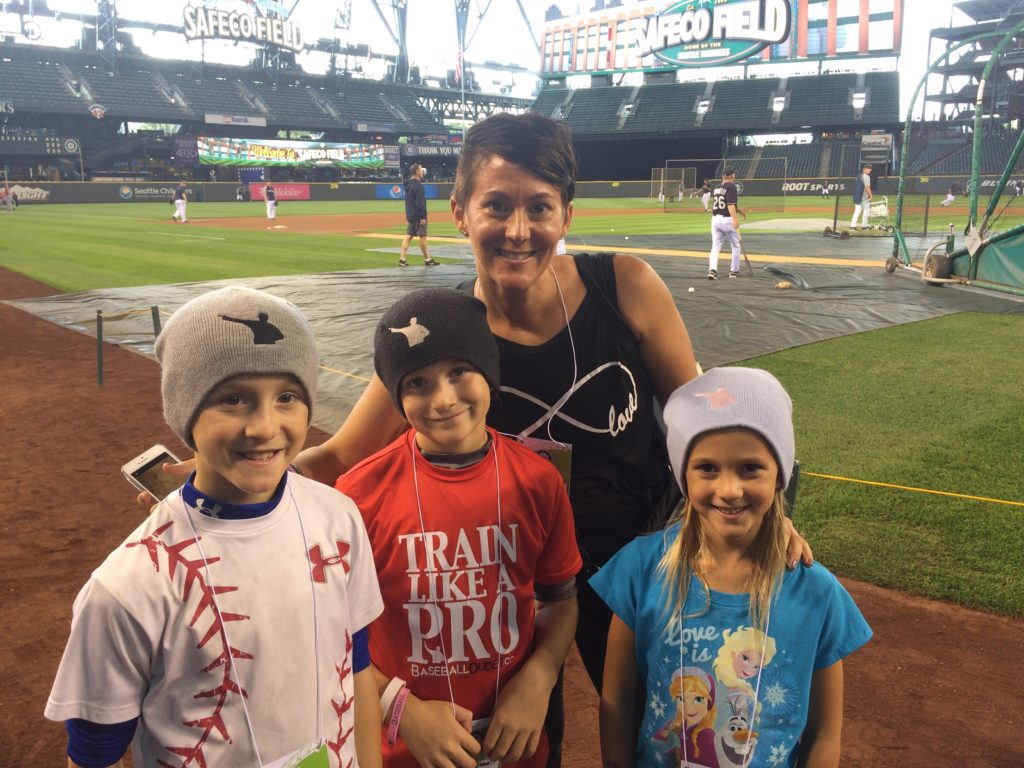 I am 45 years old. Grew up in Concord, CA until I was about 14 years old. We moved to Vancouver, WA the summer before my freshman year of high school and moved to Tyler, TX about 2 years ago.
I am 45 years old. Grew up in Concord, CA until I was about 14 years old. We moved to Vancouver, WA the summer before my freshman year of high school and moved to Tyler, TX about 2 years ago.
Let me give you a little history…
My parents recently did the parent thing and broke out old video to enjoy some laughs and some memories. There was a lot of amazing video that was great to see. But one thing I realized was that I didn’t remember any of it. Video from when I was 11/12 years old to video of me playing ball in HS. I remember the people of course, but the moments…Well the memories are few and far between.
One video showed me acting like a complete fool towards my sister. In a teasing manner but when I see my actions, it’s quite embarrassing. In another video, I watched myself pitch in a Freshman HS game. Though I was tall and had a decent arm, my delivery left a lot to be desired compared with what I know now.
Through HS, I wasn’t the best son or student. Especially those first couple years. When I look back, this was right after we moved. The biggest reasoning for this was who I chose to spend my time with. My grades were awful. I spent most of my time around unmotivated people and I constantly disrespected those who had provided the most for me my whole life, my parents.
Blame it on puberty, blame it on moving, blame it on whatever. All I know is that I was going down the wrong path.
Through all this, my parents had faith. Things started to turn around and it all revolved around Baseball. The possibility of being able to play beyond HS started to become a reality but I had to make some big adjustments and improvements, starting with my school work. It was a big uphill battle but I was able to make enough changes to sign a scholarship to a major college.
I was drafted out of HS and chose to go that route. Three days after graduating, I was off. I had to learn how to take care of myself in a hurry.
Seven years into my career, our first child was born. He is now almost 20 years old and looking back, that was the moment in my life that everything changed. All of a sudden I had someone else to provide for and take care of. I realized that there was more to life than myself and baseball.
We were blessed with seven more years of traveling and playing baseball. During those years, we had two more beautiful children. We spent a lot of time apart but we also traveled the country and even overseas together. During all those years, I’m always surprised at what I remember most. Not the games I pitched or the championships we won but the ups and downs of being parents.
After my playing days were done, we found ourselves still fortunate to travel the US but now it was because of coaching. We did that for three years until we decided to step away from the pro game and focus on teaching, guiding and mentoring our local ball players and their families.
During those years as a player and coach, all the traveling, being around so many different people with so many different upbringings and experiences while raising a family in the process… Let’s just say it has all taught me so much.
13 things life has taught me…
1) Relationships are first and foremost. With your family, spouse, friends, students or players.
2) As adults, we most likely won’t remember many of the details of our youth, but all the moments along the way molded us. Think of it like this, in youth Baseball, it’s not the games and the outcomes that a child will remember, it’s the little things like someone showing faith in them when they fail or someone belittling them and pushing them to the side when they make mistakes that will develop their self esteem and teach them how to trust or not trust.
3) Puberty can be hard on anyone. It hits everyone different. My parents persevered. Realizing what I put them through has helped me as a parent of now three teenagers.
4) Baseball is a game. A game that should be fun and played to win. But the life lessons it can teach you, 1000% outweigh one’s physical ability, how many trophies or rings they win, how many homers they hit, how many guys they strike out, how hard they throw or where the game takes them.
5) Character > Athleticism
6) Playing the game is tough. Coaching the game is tough. Parenting is tough. Growing up is tough. Play it the best you can. Teach it the best you can. Raise them the best you can. Learn as much as you can.
7) You can’t teach experience but experience doesn’t always mean better. It means you may have more to share from but not everyone is a teacher. Playing and coaching are two very different things.
8) Knowledge is power. Gain as much information on the subject as you can before you start making choices and decisions.
9) We are a product of what we surround ourselves with. Do the things we choose to have in our life provide positive and encouraging thoughts or do they breed negativity and put us in a place of constant bitterness to what is happening around us? I suggest filling your head with as much motivation as you can. Life is tough enough!
10) Everyone has different opinions. Different feelings on topics. Different ideas and different approaches. IT’S OK! We don’t all have to see eye to eye on everything.
11) There are two kinds of coaches. Transactional and Transformational. Learn the difference between the two. Personally I strive to be Transformational and breathe to help others become this type of mentor.
12) Too many adults often forget how hard it was growing up and how hard this game is. Many have lost perspective that the number one goal is raising people. Developing quality people. They get so caught up in, and become obsessed with, the outcome of a game, that they become blinded to the children that are standing before them learning how to live.
13) FAMILY IS EVERYTHING!!
The game is called “Life.” In our world, Baseball is an amazing tool we get to use to teach with. The lessons that it teaches are endless. It’s not for everyone and very few in this world understand the passion we all have for it, but I recommend we all learn to use it for goodness and not greed.
What the game of Life has taught me.
Founder of Baseball Dudes. Blessed with three beautiful children and an amazing wife. Baseball is my life, after my family, and I love sharing what I have learned from it. Thanks for taking the time to view what we offer here at Baseball Dudes.
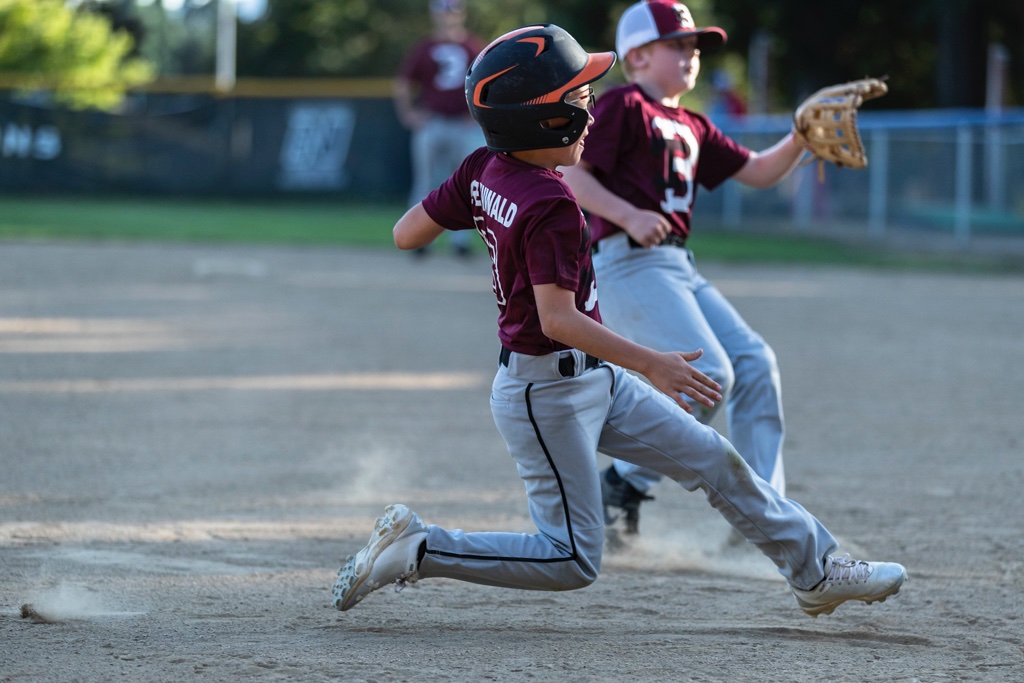

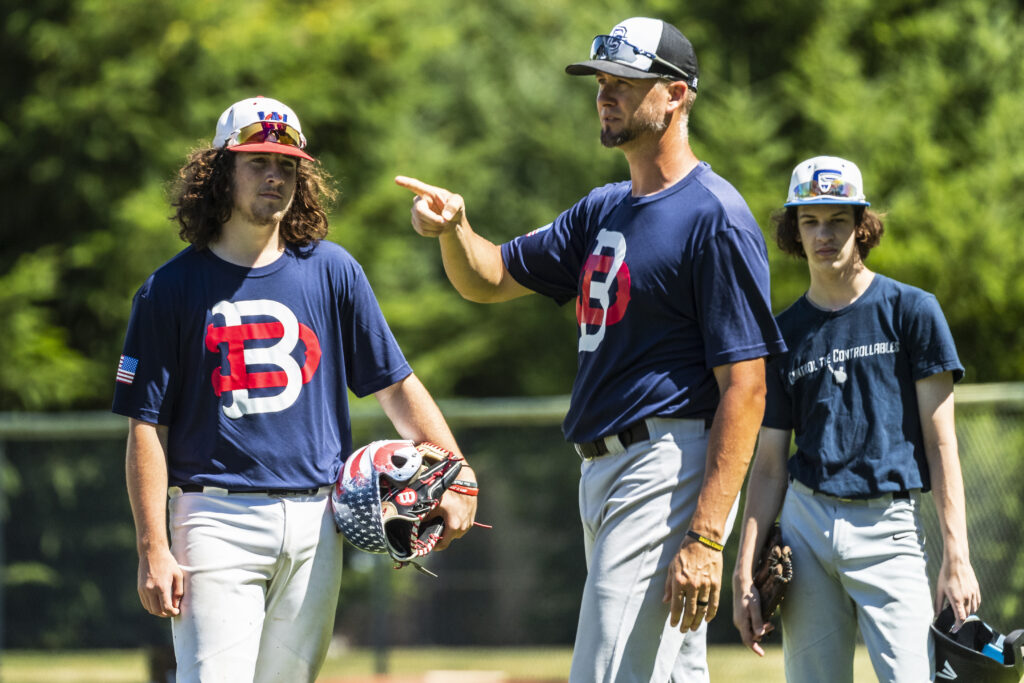 Sure, it’s said with good intentions. Makes you feel good about yourself. Makes others think good things about you. Happens all the time. But then things get real! Those actions…They will catch up to you. Words are great and all but it will always come down to actions and effort. What you DO will ALWAYS carry more weight than what you SAY. So you might want to ease up on the Smoke, stop saying things and making promises you can’t keep, or to be honest, don’t know how to keep.
Sure, it’s said with good intentions. Makes you feel good about yourself. Makes others think good things about you. Happens all the time. But then things get real! Those actions…They will catch up to you. Words are great and all but it will always come down to actions and effort. What you DO will ALWAYS carry more weight than what you SAY. So you might want to ease up on the Smoke, stop saying things and making promises you can’t keep, or to be honest, don’t know how to keep.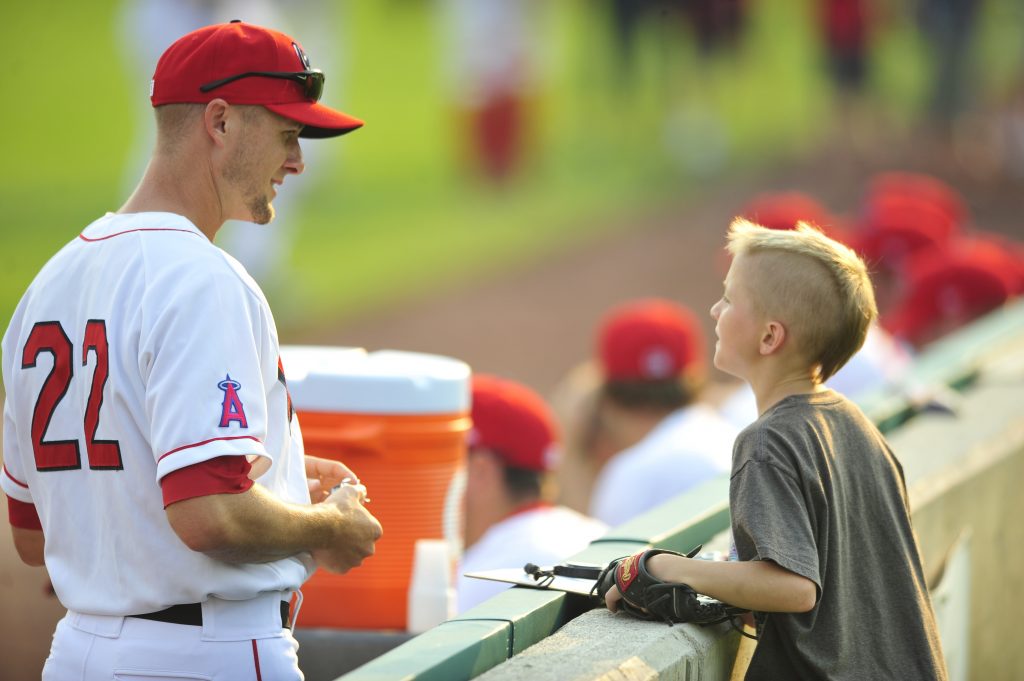 1. Control your emotions. Be a consistent example of mental stability. Show them how to properly respond when things don’t go our way. They will be able to get the most out of their skills when they are mentally in control.
1. Control your emotions. Be a consistent example of mental stability. Show them how to properly respond when things don’t go our way. They will be able to get the most out of their skills when they are mentally in control. I am 45 years old. Grew up in Concord, CA until I was about 14 years old. We moved to Vancouver, WA the summer before my freshman year of high school and moved to Tyler, TX about 2 years ago.
I am 45 years old. Grew up in Concord, CA until I was about 14 years old. We moved to Vancouver, WA the summer before my freshman year of high school and moved to Tyler, TX about 2 years ago.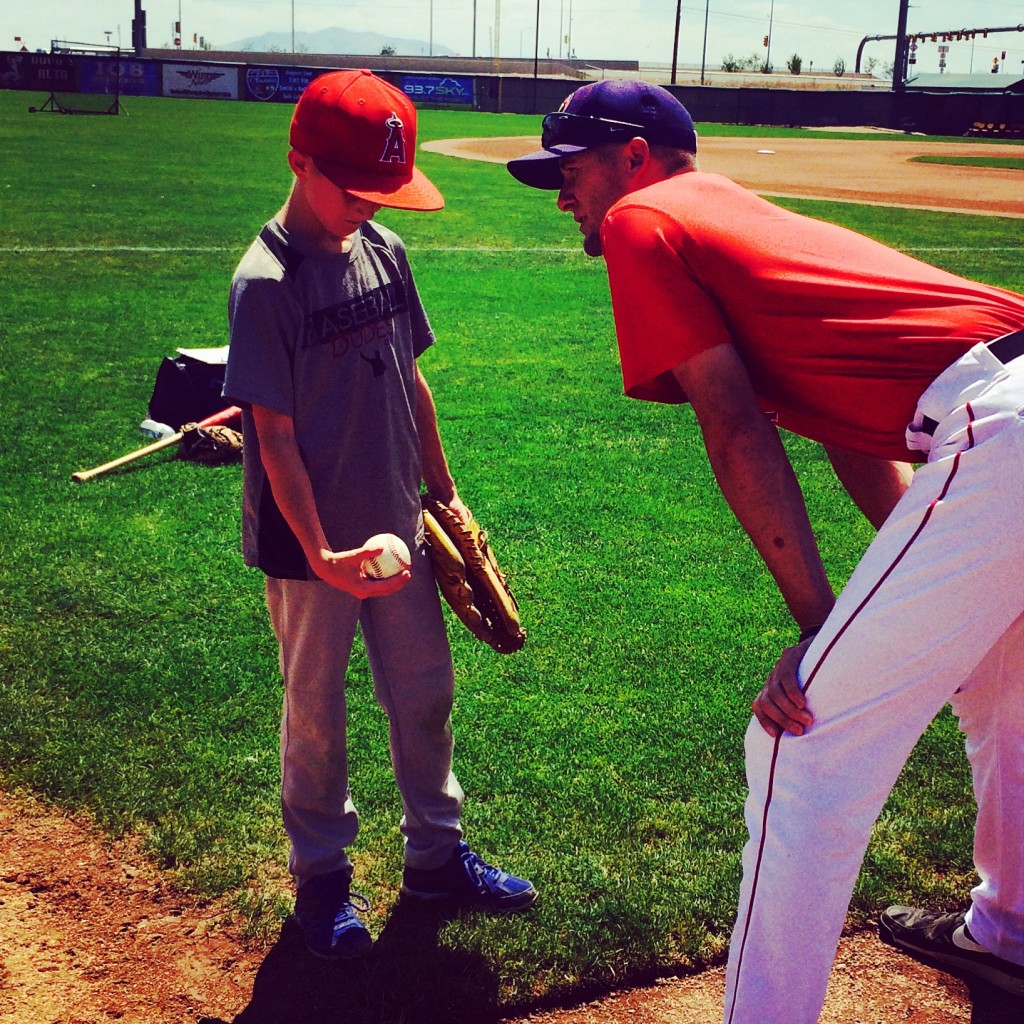 Besides physical tools, what goes on between our ears is absolutely vital for not just performing well but performing well consistently.
Besides physical tools, what goes on between our ears is absolutely vital for not just performing well but performing well consistently. 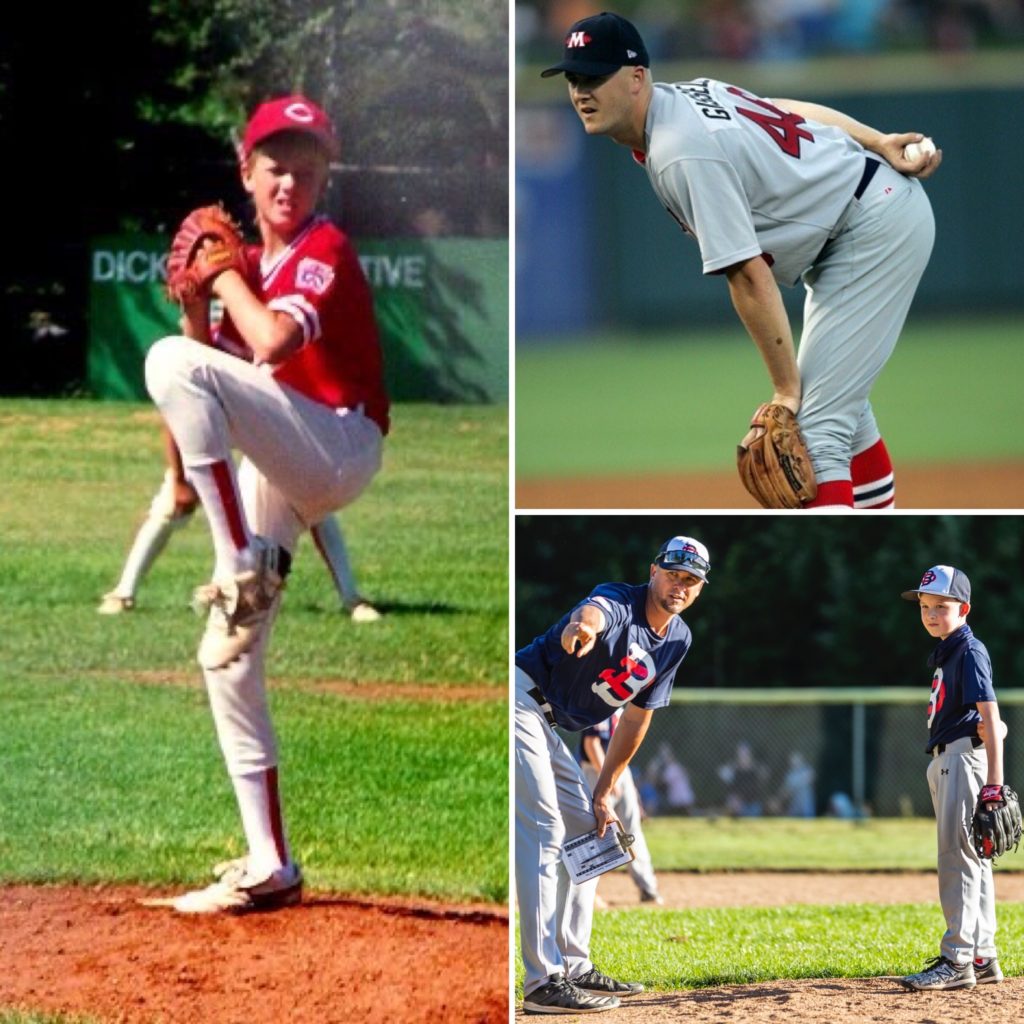
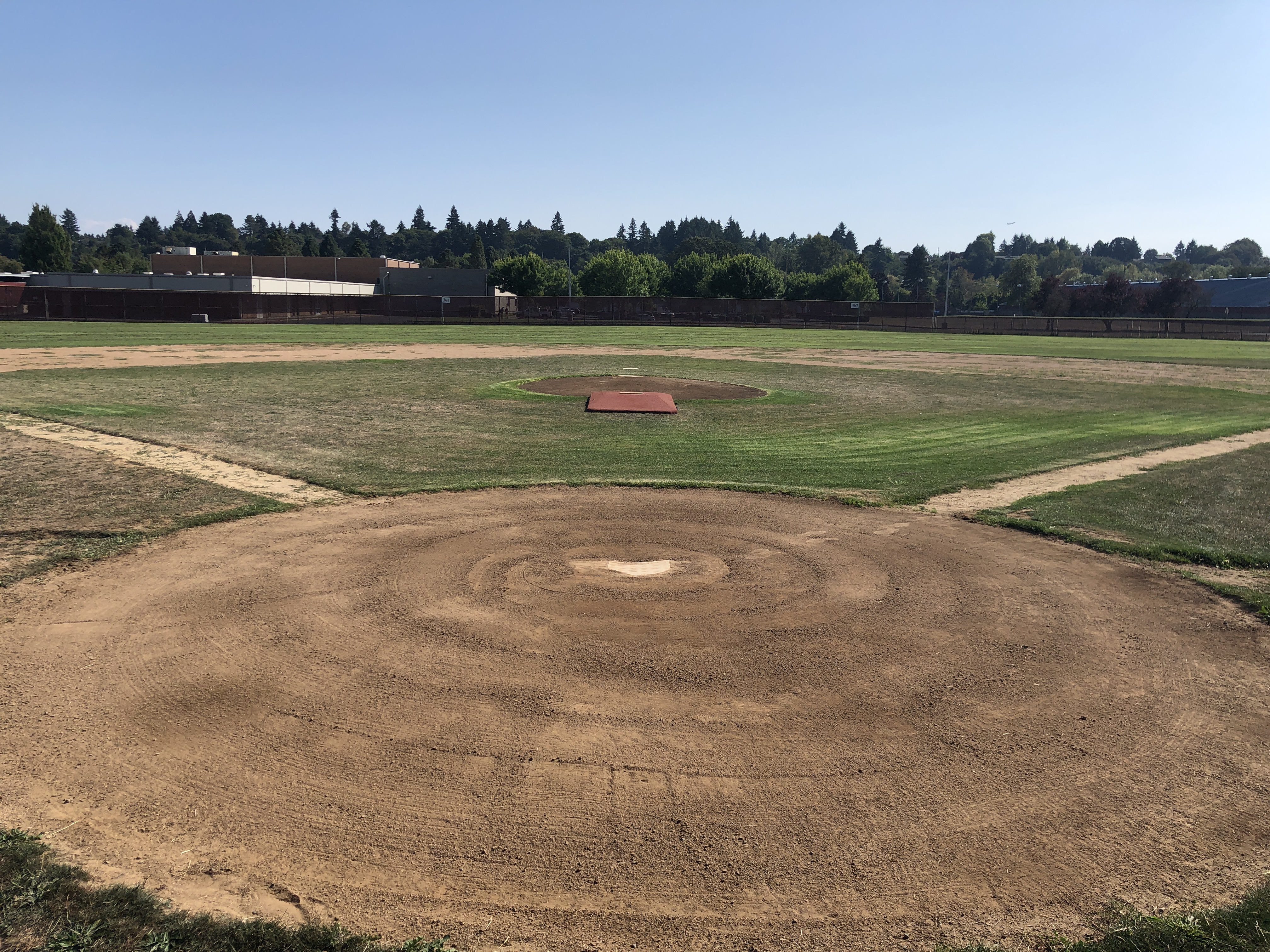 All dirt fields, mismatched uniforms (if they had them), hand me down cleats, bats and gloves (if they had them), old ratty baseballs and some stories of quitting school as teenagers to support their families.
All dirt fields, mismatched uniforms (if they had them), hand me down cleats, bats and gloves (if they had them), old ratty baseballs and some stories of quitting school as teenagers to support their families.
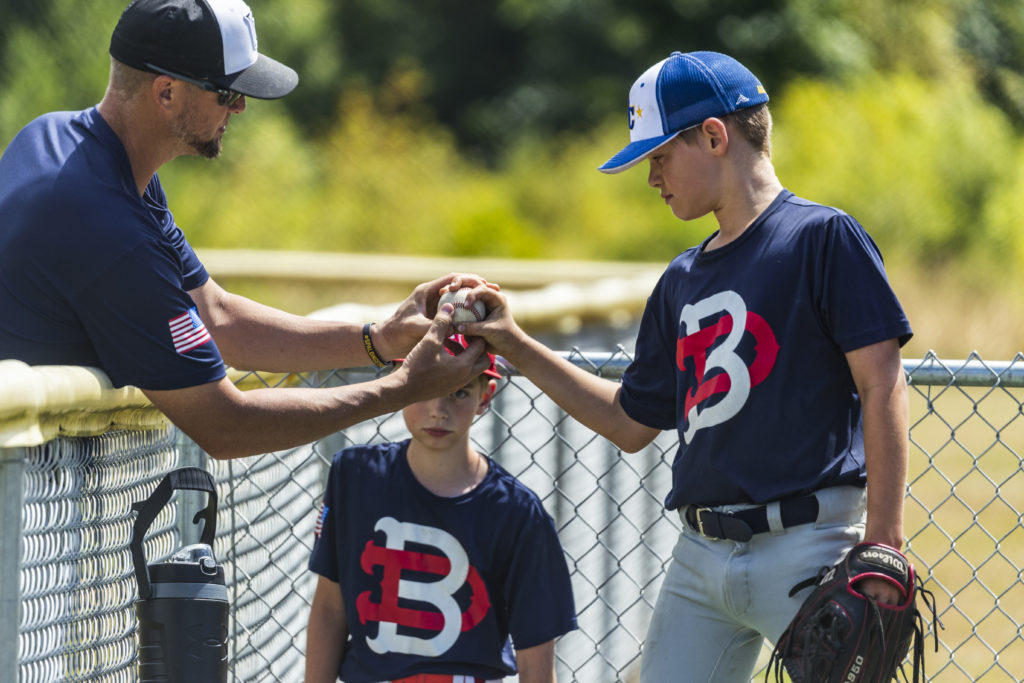 The game has been a part of me since I was 5 which means for the last 42 years it’s been a constant process of learning. I played until I was 32 and have been teaching full time ever since. Here are a few things I’ve learned throughout this process that are necessary, needed and missing…
The game has been a part of me since I was 5 which means for the last 42 years it’s been a constant process of learning. I played until I was 32 and have been teaching full time ever since. Here are a few things I’ve learned throughout this process that are necessary, needed and missing…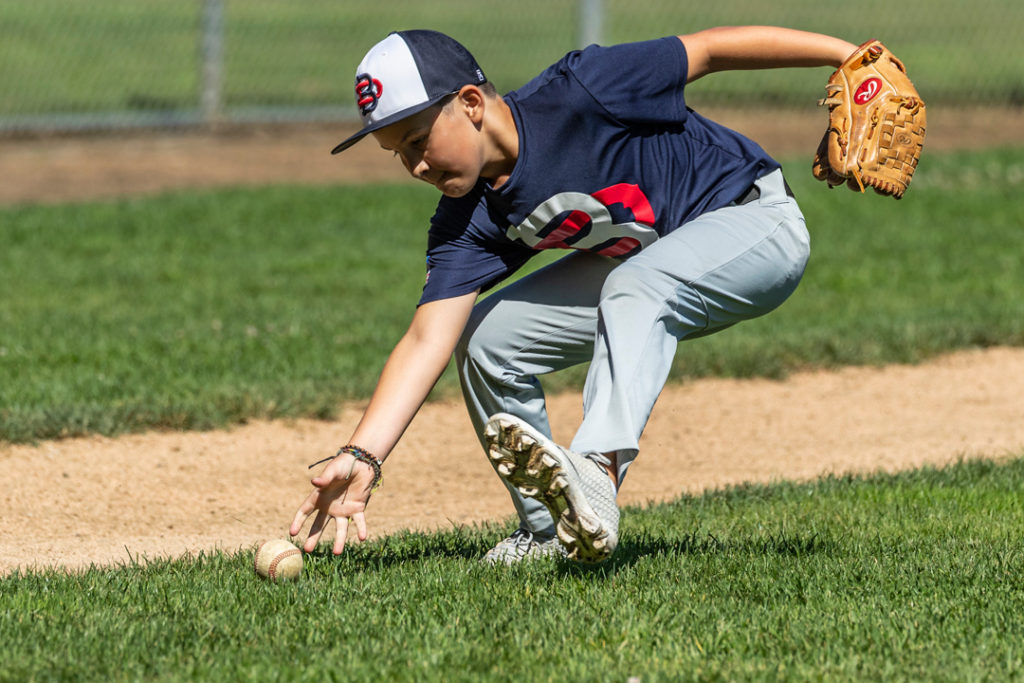
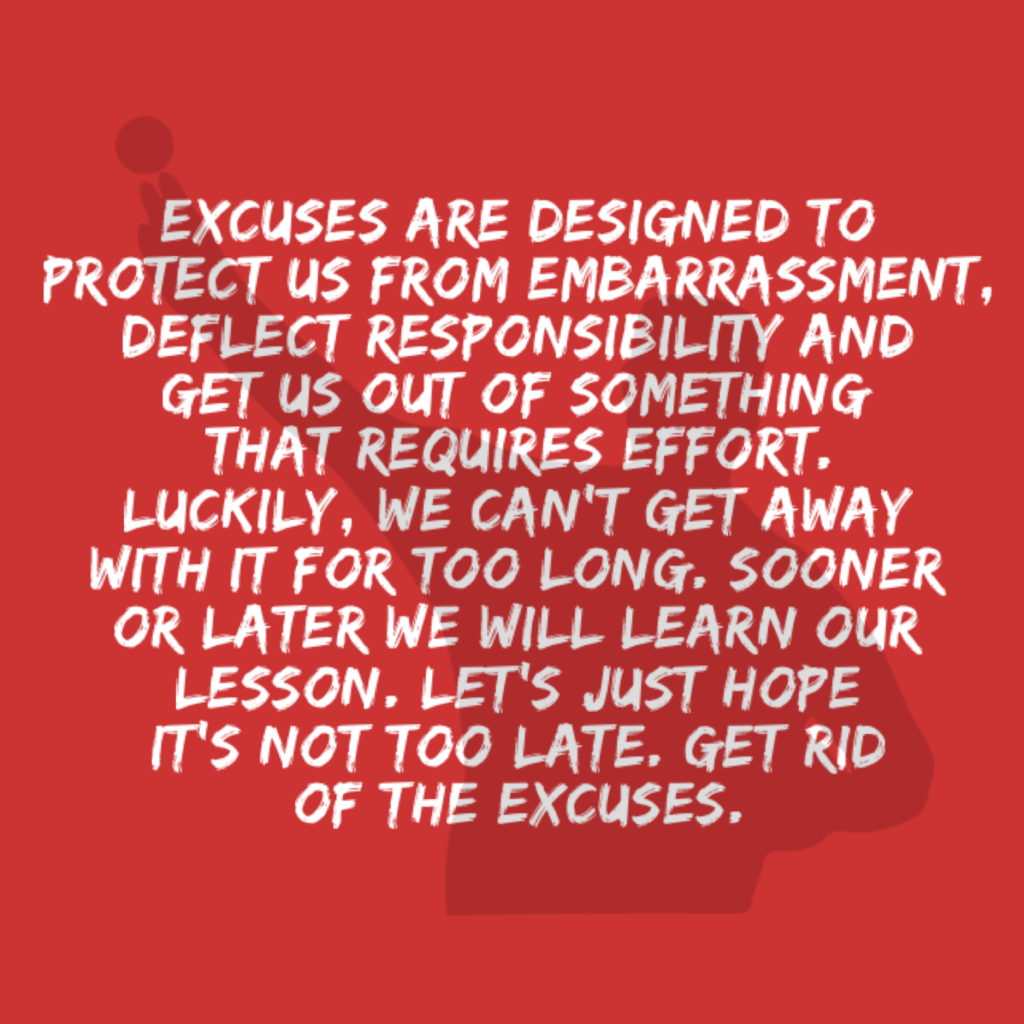 There are 24 hours in a day, 168 hours in a week and 8,760 hours in a year. “I don’t have time” is the most widely used excuse for not doing something. We have all used it at some point but we all need to realize that anytime we say it what we are actually saying is “It’s not that important to me” or “There are other things I would rather be doing.”
There are 24 hours in a day, 168 hours in a week and 8,760 hours in a year. “I don’t have time” is the most widely used excuse for not doing something. We have all used it at some point but we all need to realize that anytime we say it what we are actually saying is “It’s not that important to me” or “There are other things I would rather be doing.” Everything happens the exact way it’s meant to happen.
Everything happens the exact way it’s meant to happen.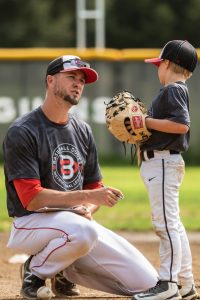 It just doesn’t matter. There is a GREAT chance they will never remember. It’s NEVER as bad as we think it is…The wins, the losses, being on a losing team, playing with what we believe to be talent below our child’s ability. It just doesn’t matter!!
It just doesn’t matter. There is a GREAT chance they will never remember. It’s NEVER as bad as we think it is…The wins, the losses, being on a losing team, playing with what we believe to be talent below our child’s ability. It just doesn’t matter!!